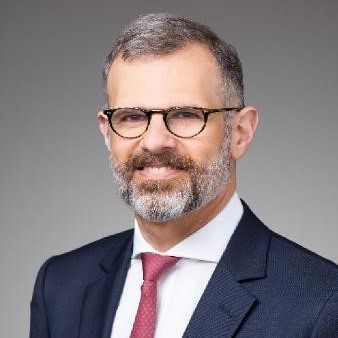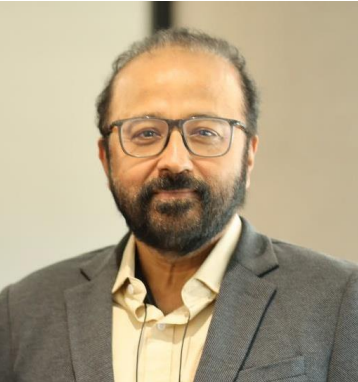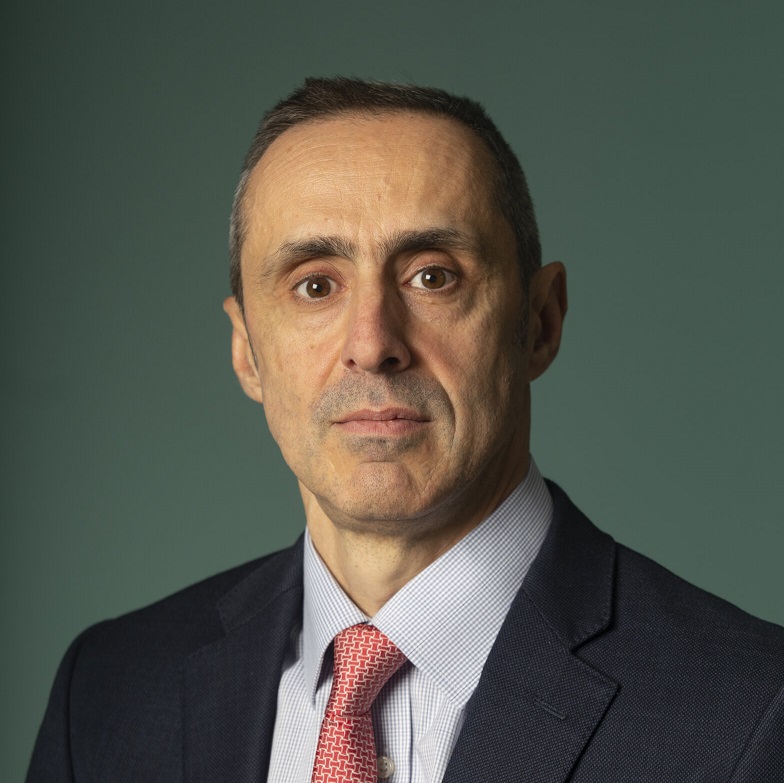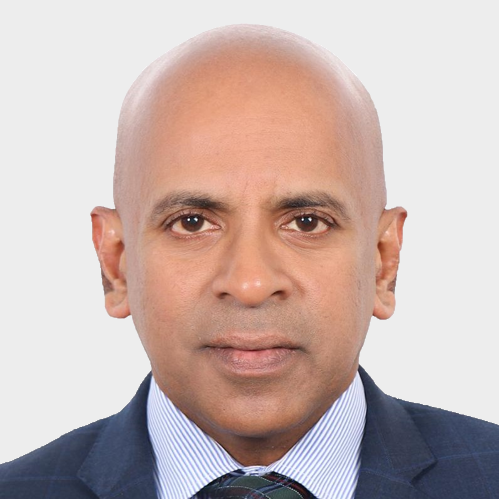Session Details
Speakers:
Avi Salzman, Senior Writer, Barrons
Greg Ip, Chief Economics Commentator and Deputy Economics Editor, The Wall Street Journal
Peter R. Huntsman, CEO of Huntsman Corporation, will join Chemical Market Analytics SVP Dewey Johnson for a Keynote “Fireside Chat” to open the Plenary Day of the 2024 World Chemical Forum. Mr. Huntsman will share his perspectives on the chemical industry as global markets recover from a commodity chemical trough and address new opportunities and challenges for the future.
Moderator: Dewey Johnson, Sr. Vice President, Global Base Chemicals Insight, Chemical Market Analytics by OPIS
Speakers:
Sudipta Bhattacharya, CEO, Adani Group
Yvonne van der Laan, Executive Vice President for Circular and Low Carbon Solutions, LyondellBasell
Bernd V. Schuetz, Executive Commercial Director Polyolefins, Grupa Azoty
Warren Wilder, Independent Non-Executive Director, Petronas Chemical Group
John Mathew, Vice President Global Business Development, Chemical Market Analytics by OPIS
Through a dialogue with key chemical industry leaders from different regions globally, hear unique perspectives on regional insights and trends that impact your business. What are the regional opportunities and challenges that companies have to contend with? How do these conflate with the realities of competing globally? How are companies in the region planning their strategies? Who will be the winners and losers?
Speakers:
David Badal, Managing Director and Head of Global Chemicals, Morgan Stanley
RB Balaji, Chief Industry Advisor, Global Manufacturing and Co-Lead, Green Hydrogen Hub, International Finance Corporation
Jerome Fileni, Head of Chemicals, HSBC
The financial sector is a crucial partner to the chemical sector – whether it is project financing or working capital financing. The chemical industry has historically performed above the equity market over the long term. Is that paradigm still valid? With seminal changes such as the energy transition and circularity pressures on the horizon, what are the prospects for the chemical industry from an investment perspective? As the center of gravity of demand increasingly shifts to Asia, and an increasingly polarized trade environment is likely, how will chemical investments be impacted? Join us for a discussion with eminent experts from the financial sector.
Speakers:
Mark Roberts, COO, SPI Marine
Greg Dooley, Business Director, Stolt Tankers
Rohit Rothad, Senior Oil Market Analyst,Vortexa
Sanjay Moolji, Global Business Director, Tricon International Ltd
Denis Filippov, Marine Sourcing Manager, Dow
Chemical commodities are amongst the most efficient supply chains in the era of globalization. Chemical Market Analytics estimates that over 40% of base chemicals are traded globally – i.e. consumed in a different geography from their manufacture. Recent “hot” conflicts, notably the Israel-Gaza crisis & to a lesser extent, the Russia-Ukraine crisis, have had an impact on chemical supply chains, resulting in significant increases in supply chain costs & shipping times. While these seem to have been factored in, several risks and transformational challenges could still shape chemical supply chains in the future. Rising trade conflict could impact the efficiency of chemical supply chains and may force transformational changes. The need to address decarbonization & sustainability challenges applies to chemical supply chains, too.
The chemical industry is presently facing a prolonged period of overcapacity. Completed and planned Chinese capacity additions, combined with slower demand growth globally, have resulted in lower industry margins. The planned Saudi “Liquid to Chemicals” capacities will only exacerbate this situation and lead to a prolonged period of chronic oversupply that could extend well into the 2030s. Traditionally, the chemical industry has recovered well from short periods of oversupply. However, a prolonged supply overhang will likely trigger industry rationalization and could also herald opportunities for inorganic growth through M&A and consolidation. Where are the likely areas, and how can companies identify opportunities amidst a crisis?
David Badal
Managing Director, Global Head of Chemicals Morgan Stanley
Read BioDr. RB Balaji
Chief Industry Advisor, Global Manufacturing and Co-Lead Green Hydrogen Hub International Finance Corporation
Read BioSudipta Bhattacharya
Chief Technology Officer & Chief Executive Officer North America Adani Group
Read BioElizabeth Carlson
Chief Sustainability Officer Tricon International Ltd
Read BioDavid Clark
Vice President Sustainability Amcor
Read BioAdrian Cooper
CEO Oxford Economics
Read BioGreg Dooley
Business Director Stolt Tankers
Read BioGordon Fairclough
World Coverage Chief The Wall Street Journal
Read BioJérome Filéni
Head of Chemicals HSBC Investment Bank
Read BioMaximilian Grasserbauer
Senior Vice President Circular Economy OMV
Read BioPeter R. Huntsman
Chairman of the Board, President and Chief Executive Officer Huntsman Corporation
Read BioGreg Ip
Chief Economics Commentator and Deputy Economics Editor The Wall Street Journal
Read BioDewey Johnson
Senior Vice President, Global Head of Chemical Market Analytics Chemical Market Analytics by OPIS
Read BioYvonne van der Laan
Executive Vice President, Circular and Low Carbon Solutions LyondellBasell
Read BioDavid Maher
Director of Business Development, Americas Large Projects Linde
Read BioChris Matthews
Editor, U.S. Energy The Wall Street Journal
Read BioJohn Mathew
Vice President, Business Development Chemical Market Analytics by OPIS
Read BioSanjay Moolji
Global Business Director - Polymers Tricon Energy Ltd.
Read BioLars Eirik Nicolaisen
Senior Partner and Deputy CEO Rystad Energy
Read BioMark Roberts
Chief Operating Officer SPI Marine
Read BioRohit Rathod
Senior Oil Market Analyst Vortexa
Read BioAvi Salzman
Senior Writer Barron's
Read BioWarren Wilder
Independent Non-Executive Director Petronas Chemical Group
Read BioPeter Young
CEO & Managing Partner Young & Partners
Read Bio






















